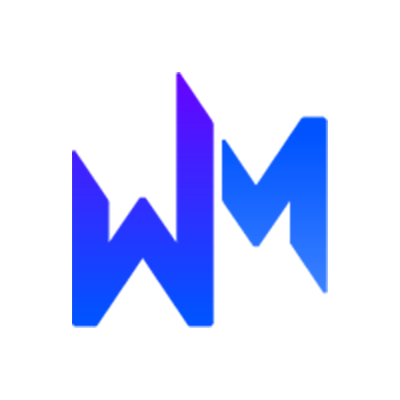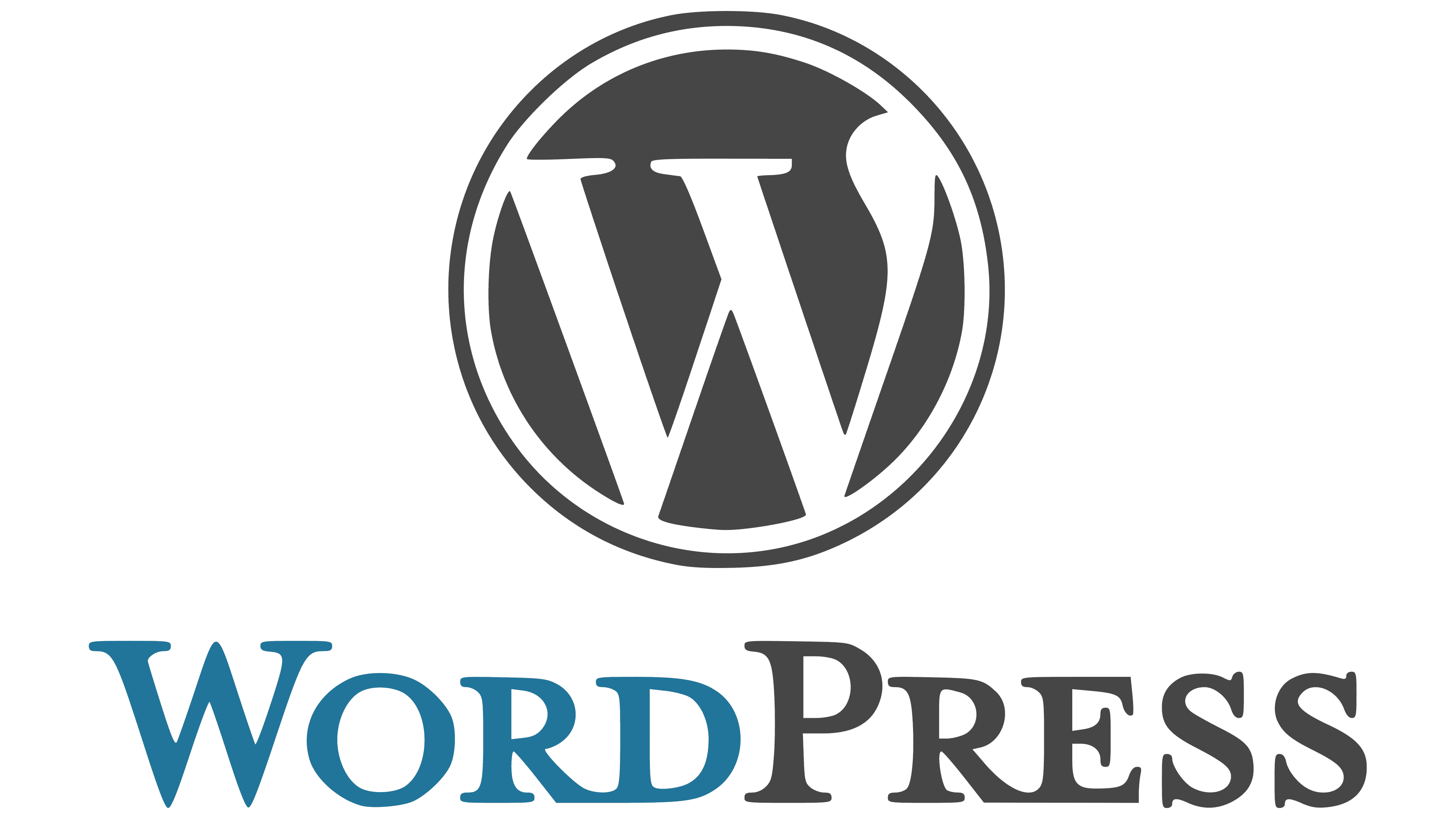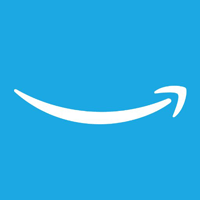Why Laravel Crushes Other Web Frameworks

-- The Laravel framework has received a lot of attention over the last few years and for good reason. Laravel is a free, open-source PHP web framework intended for the development of web applications following the model-view-controller (MVC) architectural pattern. The innovative web application framework is easy to use and has a large following because PHP developers enjoy using this modern tool that makes it possible to design customized web apps quickly and with great flexibility. Its unique architecture lets developers design their own infrastructure specifically for each new application.
Six features that make Laravel standout:
1. Reusable code. The use of modern patterns, such as the powerful IoC (Inversion of Control) container which is at the heart of the framework is one of the key features that make Laravel unique. It allows users to bind many parts of the code so it becomes reusable and allows for custom or task-specific code. This is a big plus because developers can concentrate less on routine features.
2. Clear modular structure. Laravel has a very well-organized and solid modular structure that allows developers to easily customize their web framework or folder structure however they'd like and without complicated coding. For example, Zend2 and Symphony2 are web frameworks that are more complicated structurally, which is why many developers opt for Laravel instead.
3. Frequent updates. Laravel's Founder Taylor Otwell updates the platform frequently - five times to be exact, adding more options and features each time and making the framework more convenient and flexible. Laravel 5.1 is a good fit for corporate projects and includes a 3-year security support program and 2-year bug fixing plan.
4. Great software tools. Laravel 5.1 features a host of useful software tools including migrations, ORM, HTTP middleware (provides a convenient mechanism for filtering HTTP requests), powerful blade templates (and other innovative templates, like Twig), localization and queues (which adapt to other third-party services, like databases or Cloud Services). Developers can also customize routine functional features such as authorization, social login, powerful file system abstraction, mail queues, and more.
5. Simple to learn. Unlike some web frameworks, Laravel features user-friendly documentation in many languages and getting up to speed is easy thanks to laracasts - brief videos that teach practical, modern web development and how to best work with Laravel.
6. Elaborate integration mechanisms. Integration with front-end development is elaborately designed and Laravel Elixir‚Å¥ provides a clean and fluent API for defining basic Gulp tasks for Laravel apps. Elixir supports several common CSS and JavaScript pre-processors and even testing tools.
These benefits and more offer a strong argument for choosing Laravel for your next PHP framework. A Sitepoint survey shows that Laravel is preferred, by far, over other PHP frameworks, leaving even Codelgniter and Symphony behind.
PHP Framework Popularity in Personal Projects (via SitePoint)
Laravel has grown tremendously in just five years and many developers agree it's the only framework that makes PHP code look beautiful. Most PHP developers enjoy using this well-designed framework because it includes impressive software tools that make their jobs easier. Have you tried Laravel yet and if so, what do you think? If not, what are you waiting for? Would love to hear your comments about Laravel and if you agree or disagree with me. Cheers!

